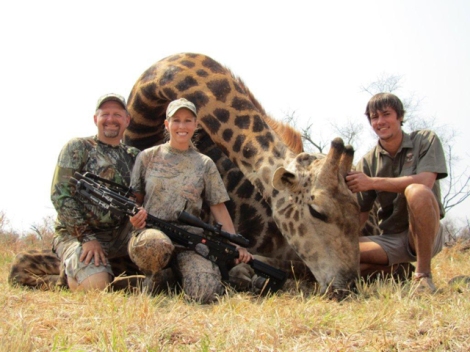As a young girl who watched Animal Planet instead of cartoons on a Saturday morning, zoos were my ideal trip. My family once visited 12 zoos in one summer, and I sit here with a smile on my face reminiscing on the time when a 2000 pound elephant stroked my face with a touch like a feather. But zoos are not necessarily a fairytale, and with maturity, ethical questions have become entangled in my precious memories. We must ask ourselves, is it moral to keep wild animals in captivity? Should animals be used for entertainment like orcas, or only for breeding of endangered species like rhinos?
From the pro viewpoint, one key contribution of zoos that cannot be dismissed is their involvement in breeding animals that face extinction. Once a species becomes critically endangered, captive breeding is often the only way to bring the species back from the brink of extinction. Watch this
video for a case study on the important role of zoos in conservation.
Another argument for the use of zoos is their role in education. Many zoos run educationl programs that teach people about properly caring for animals and conservation efforts. From personal experience, learning about zoo life first hand as well as the reality of poaching, endangered species, and extinction was invaluable as a youngester. There is only so much you can learn about an animal from the TV, but actually seeing a giraffe in real life is a whole new experience.
Even with conservation and educational positives, negatives still permeate the morality of zoos. According to an article in
animal-facts.org, the main argument against zoos is the belief that zoos cannot provide the ideal environment for every type of animal. Currently animals in zoos are housed in "mini-habitats" that replicate their natural environment. This includes streams, real trees, grass, etc. to keep the animal in a similar habitat. Animals are kept contained with natural barriers such as moats and rock walls as a opposed to a chain link fence or iron bar cage. Even with all these actions, it is nearly impossible to make it like the wild. For example, elephants can walk 50 km a day and travel in a herd of 30 to 40 in its natural habitat. In a zoo, elephants only live on a couple acres and often live with only a couple elephants.
One disturbing aspect of wild animals in captivity is zoochosis. Zoochosis is defined by
wildlife.org.nz as an obsessive compulsive type behavior such as "bar biting, head bobbing, pacing, circling, excessive grooming, self-mutilation, etc." The causes of this behavior include separation from natural habitat, direct control by humans, and caging. Unfortunately, it is prevalent in the current zoo system. In a 2001
study of 257 captive Giraffe in 49 United States zoos, 80% exhibited some form of zoochosis. Read this
article to find out more about the different symptoms and effects of zoonosis.
Those that are supportive of zoos fight back on the alarming statistics stating zookeepers are trained with specialist knowledge and are often in charge of one particular species. Each zookeeper creates games for the animals for mental stimulation that prevents the animals from becoming bored or depressed.
Those against zoos have a counter claim to the conservation efforts of zoos, stating that in one case study there were 167 attempts to introduce a certain species, only 16 of which were sucessful. Even though this is better than nothing, protesters claim that this is not worth the suffering of the animals that are kept within zoos.
From a personal perspective, all of these statistics and examples are pushing me away from supporting that animals should be kept in zoo. Yes, zoos are bad because an animal is deprived of its true natural habitat leading to mental issues, but benefits from education and conservation of endangered species are invaluable. I sit here feeling against animals being confined, yet I have a trip to the zoo planned this weekend. At the end of the day, I believe it is fair if zoos are only for conservation and animal welfare. In this respect, I don't think zoos are exploiting animals for profit.
Do you believe that animals have an intrinsic right to liberty? Does the need for conservation outweigh the animal welfare issues? Let me know your thoughts on this morally complex issue of keeping animals in zoos.







